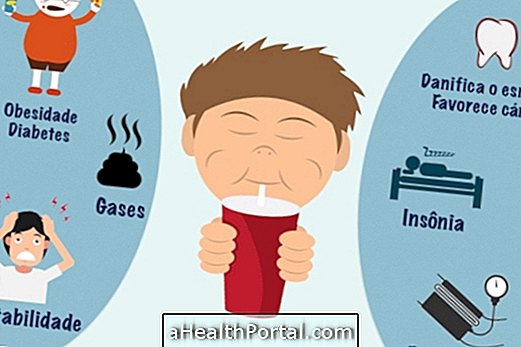In addition to providing a sense of well-being, music when used as therapy can bring health benefits such as improving mood, concentration and logical reasoning. Music therapy is a good option for children to develop better, having a greater learning ability but can also be used in companies or as an option for personal growth.
Music therapy is a type of treatment that uses songs with lyrics or only in the instrumental form, as well as instruments such as guitar, flute and other percussion where the goal is not to learn to sing or play an instrument, but to recognize the sounds of each one have the ability to express their emotions through these sounds.

Main benefits
Music therapy stimulates good mood, increases mood and consequently reduces anxiety, stress and depression and furthermore:
- Improves body expression
- Increases respiratory capacity
- Stimulates motor coordination
- Controls blood pressure
- Relieves headaches
- Improves behavioral disorders
- Helps in mental illness
- Improves the quality of life
- Helps to tolerate cancer treatment
- Helps withstand chronic pain
Music therapy has been increasingly practiced in schools, hospitals, nursing homes, and by people with special needs. However, this technique can also be done during pregnancy, to calm babies and the elderly, but should be guided by a music therapist.
Effects on the body
The music acts directly in the region of the brain that is responsible for the emotions, generating motivation and affectivity, in addition to increasing the production of endorphins, which is a substance naturally produced by the body, which generates a sensation of pleasure. This is because the brain responds naturally when it hears a song, and more than memories, music when used as a form of treatment can ensure a healthier life.























